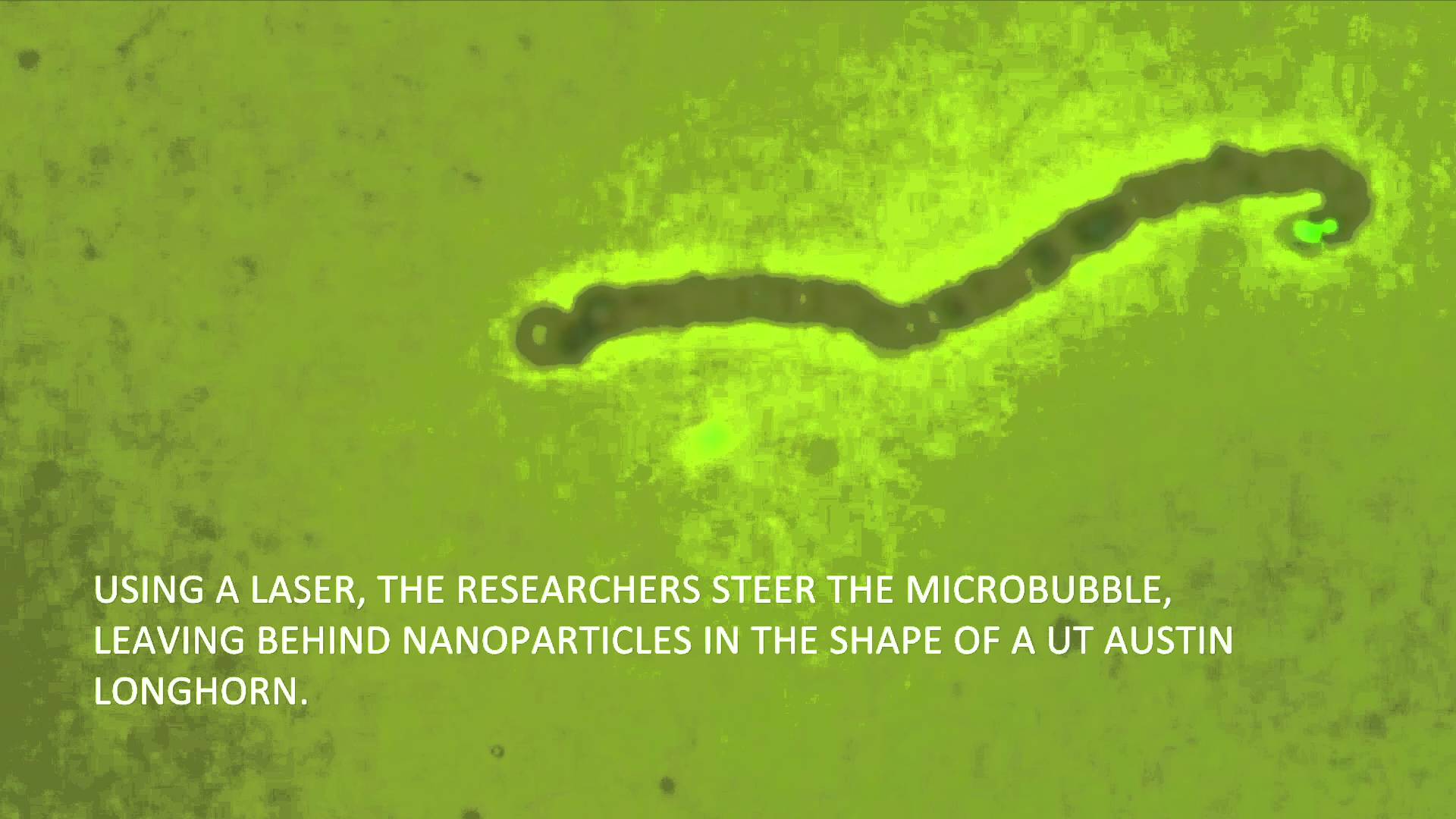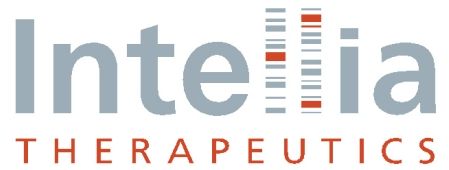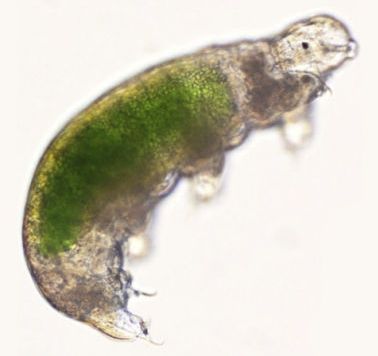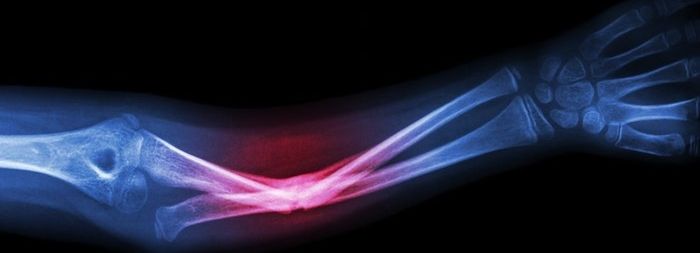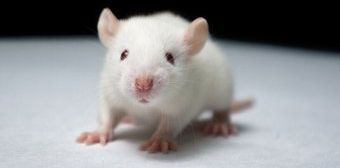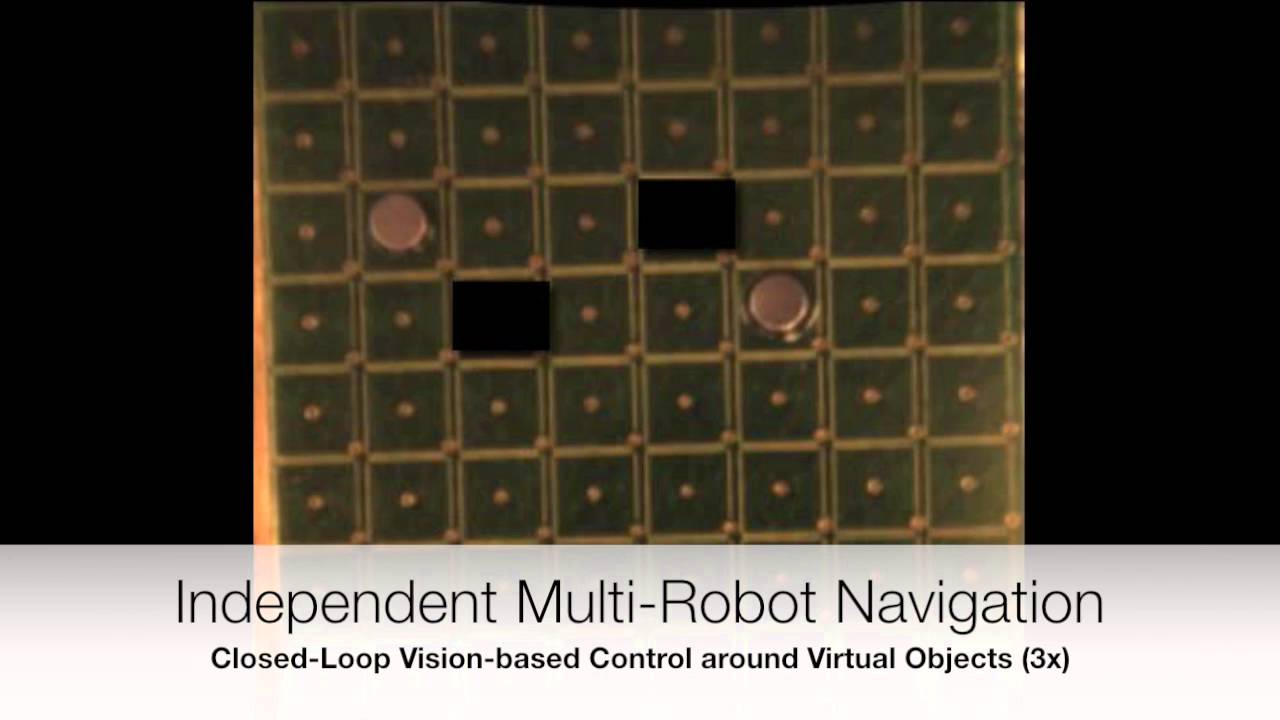Jan 16, 2016
Why Digital Overload Is Now Central to the Human Condition
Posted by Karen Hurst in categories: biotech/medical, computing, mobile phones, nanotechnology, neuroscience, robotics/AI, singularity
Imagine: What happens when you’re in 2027 on the job competing with other AI; and there is so much information exposed to you that you’re unable to scan & capture all of it onto your various devices and personal robot. And, the non-intrusive nanobot for brain enhancement is still years away. Do you finally take a few hundred dollars & get the latest chip implant requiring a tricky surgery for your brain or wait for the nanobot? These are questions that folks will have to assess for themselves; and this could actually streamline/ condition society into a singularity culture. https://lnkd.in/bTVAjhb
A mom pushes a stroller down the sidewalk while Skyping. A family of four sits at the dinner table plugged into their cell phones with the TV blaring in the background. You get through two pages in a book before picking up your laptop and scrolling through a bottomless stream of new content.
Information technology has created a hyper-connected, over-stimulated, distracted and alienated world. We’ve been living long enough with internet-connected computers and other mobile devices to have begun to take it for granted.
Continue reading “Why Digital Overload Is Now Central to the Human Condition” »

